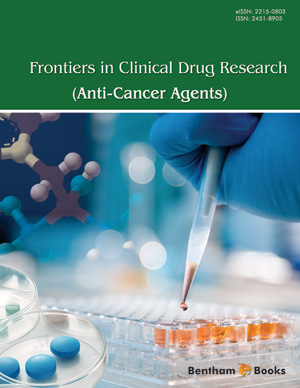Abstract
Cladribine (2-CdA, 2-chlorodeoxyadenosine) is a purine nucleoside analog of high efficacy in lymphoid and myeloid malignancies. In contrast to other purine nucleoside analogs, 2-CdA is equally cytotoxic to both proliferating and quiescent cells. In addition, recent data indicates that a combination of 2-CdA with other cytotoxic agents and monoclonal antibodies shows synergistic proapoptotic and cytotoxic activity on lymphoid and myeloid neoplastic cells. Cladribine is the drug of choice in the treatment of hairy cell leukemia. It is also useful in other lymphoid and myeloid neoplasms, including chronic lymphocytic leukemia, Waldenström macroglobulinemia, and non-Hodgkin lymphoma. In addition, 2-CdA has been found to be effective in Sezary syndrome and mycosis fungoides. Moreover, several investigations have revealed that the agent is active in acute myeloid leukemia, Langerhans cell histiocytosis, and systemic mastocytosis. This chapter will summarize the current status of 2-CdA in the treatment of hematologic malignancies.
Keywords: 2-CdA, Acute myeloid leukemia, Chronic lymphocytic leukemia, Cladribine, Hairy cell leukemia, Langerhans cell histiocytosis, Lymphoma, Systemic mastocytosis, Waldenström macroglo-bulinemia.






















